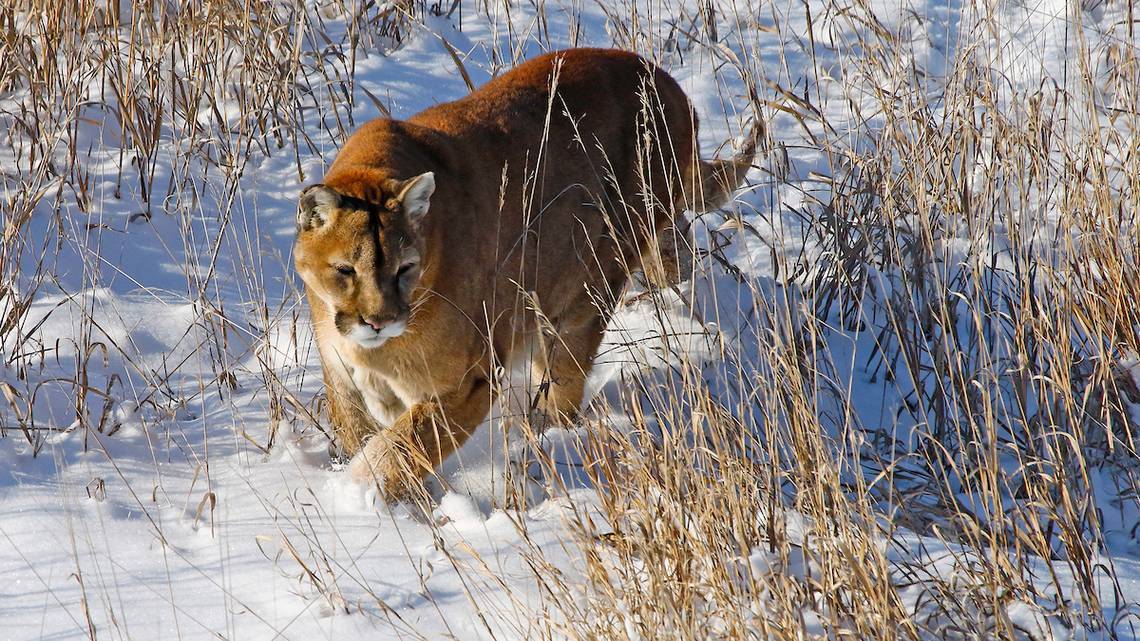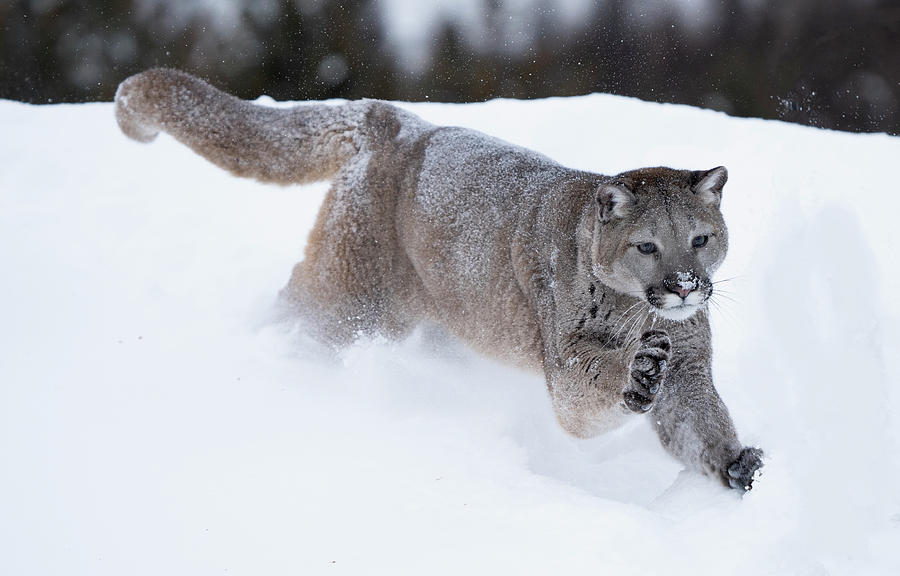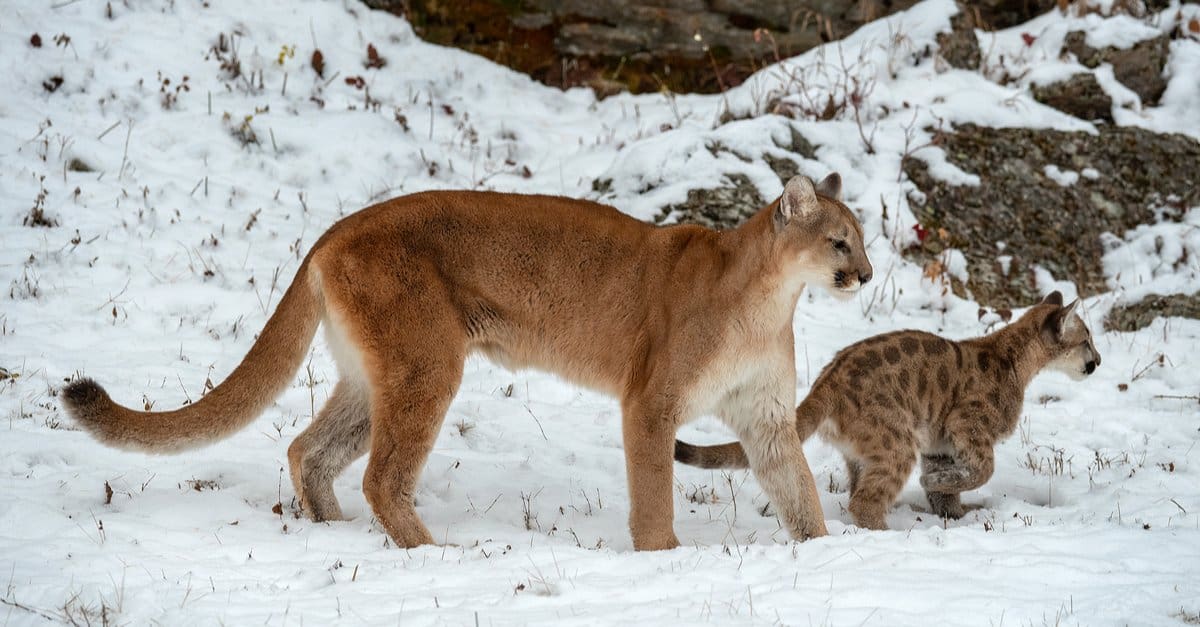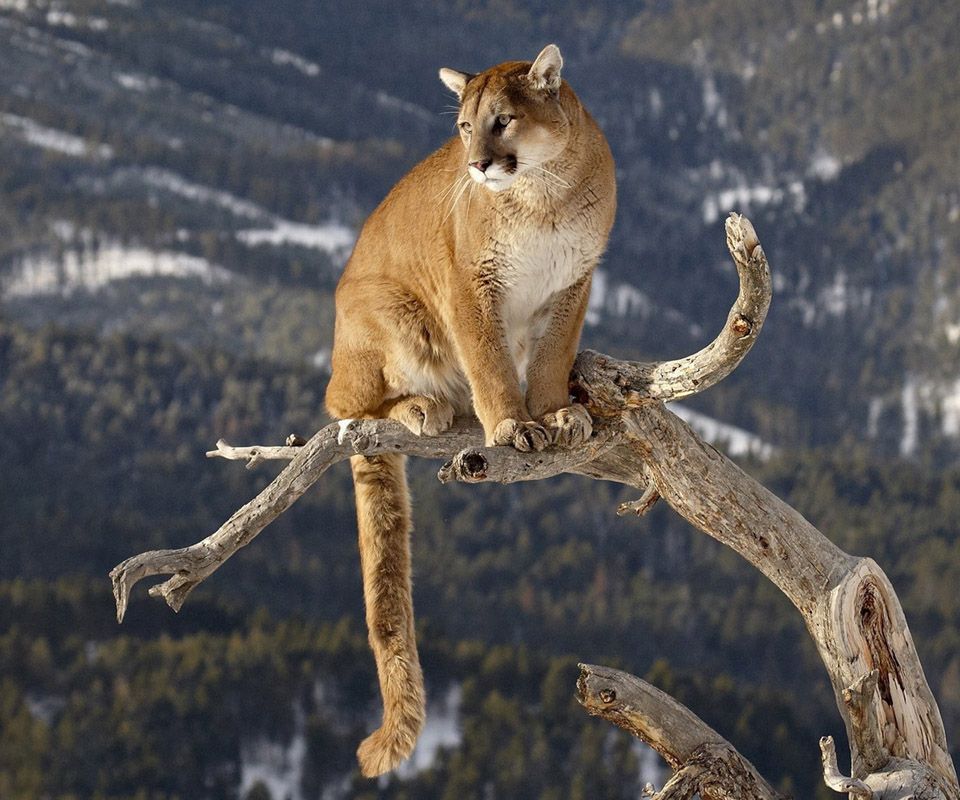Mountain lions, also known as cougars or pumas, are majestic and powerful creatures found in various regions of North and South America. In Glenwood Springs, Colorado, these magnificent predators roam the mountainous landscapes, enchanting residents and visitors alike. Mountain lions are solitary animals, preferring to live alone and mark their territory to avoid confrontation with other lions. They are incredibly adaptable predators, capable of surviving in diverse habitats, including forests, deserts, and even suburban areas. Although they primarily feed on deer, their diet also includes smaller mammals like raccoons, rabbits, and occasionally, livestock.
These elusive creatures have become an integral part of the local ecosystem. As predators, they help maintain a balanced population of prey species and contribute to the overall health of the ecosystem. However, their presence near human-inhabited areas can raise concerns and requires caution. Mountain lions symbolize the wild beauty and untamed spirit of the region. By fostering an understanding of their behavior and implementing necessary precautions, residents and visitors can coexist harmoniously with these magnificent creatures, ensuring the preservation of both their well-being and ours.
The city of Glenwood Springs, in collaboration with wildlife management agencies, focuses on educating residents about coexisting with mountain lions. A key aspect of this education is understanding their behavior and implementing measures to reduce potential conflicts. For instance, residents are advised to secure garbage cans, avoid attracting deer to their properties, and keep pets indoors, especially during dawn and dusk when mountain lions are most active.
If you encounter an aggressive mountain lion:
Make noise and make yourself look big and tough (hold out your arms, etc.)
Don’t crouch down or hide.
Slowly back away – don’t run.
If you are attacked, fight back use rocks or stick.
Carry bear spray or air horns as possible deterrents.
Keep close watch on your pets.
Report sightings to Colorado Parks & Wildlife




